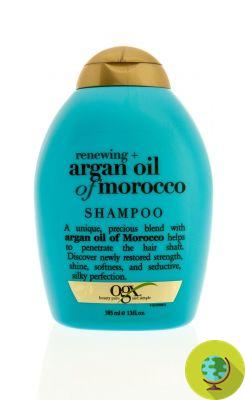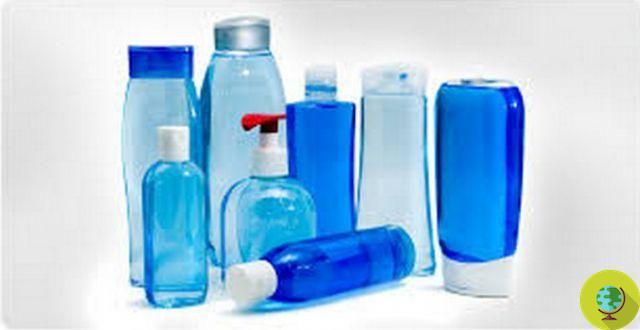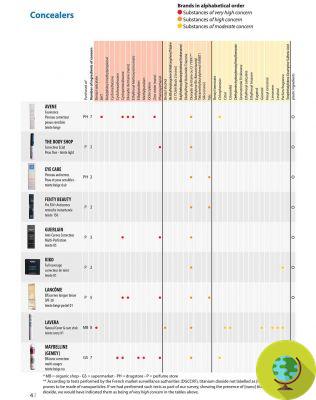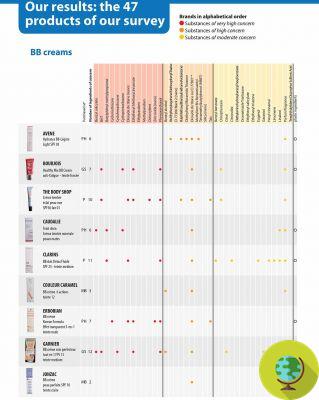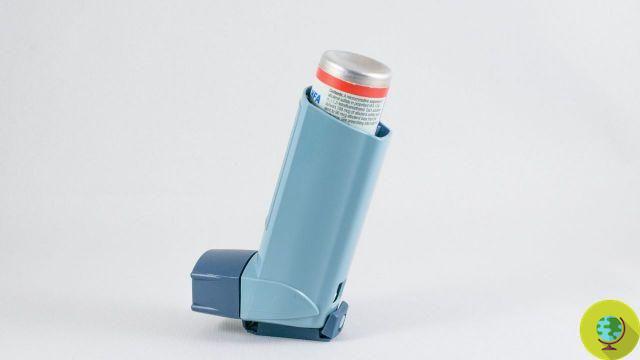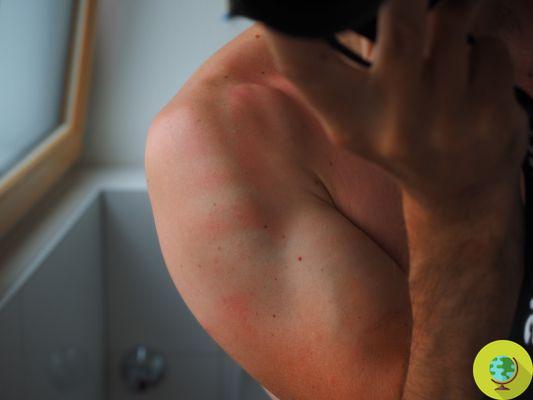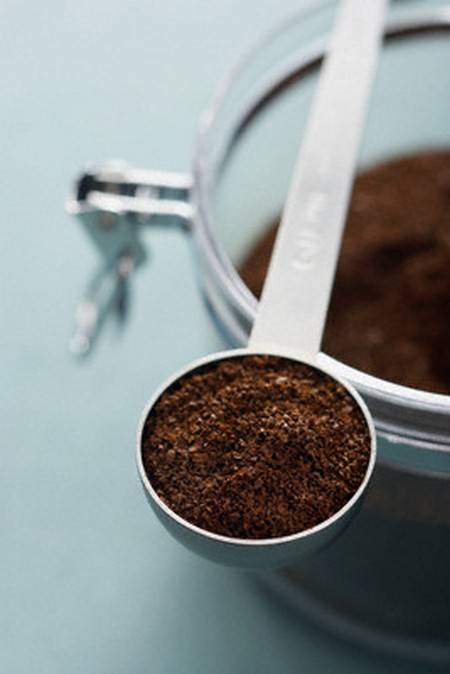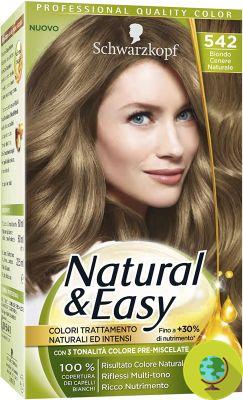Europe: approved a resolution calling for the ban on microplastics in cosmetics and detergents in the short term.
A resolution passed by a large majority in the European Parliament calling for the absolute ban on microplastics in cosmetics and detergents and on oxo-degradable plastics
Stop to microplastics in cosmetics and cleaning products: the European Parliament wants to tighten the time and by 2020 calls for a total stop to microplastics and “oxo-degradable” plastics, those that fragment with light and heat.
It does so through the approval of a non-binding resolution on the “European strategy for plastics in the circular economy”. Resolution voted by a large majority (597 votes in favor, 15 against and 25 abstentions) in Strasbourg and which at the same time also proposed incentives for the collection of waste at sea and new rules on biodegradability and compostability.
MEPs thus suggest a series of additional measures e shorter times to solve the very serious problem of the excessive use of plastic, in favor of environmental protection.
The communication from the European Commission
On January 16, the Commission published a communication aimed at establishing a European strategy for plastics in the circular economy. The strategy identified key challenges, including reduced rates for the reuse and recycling of plastic waste, and greenhouse gas emissions associated with the production and incineration of plastics,
The Commission then described its vision for a new plastics economy in Europe, in which all plastic packaging should be redesigned to enable it to be recycling or reuse by 2030.
To move closer to this vision, the strategy presents a series of measures focused on four areas:
1) improve the economics and quality of plastic recycling
2) reduce plastic waste and stem its abandonment in the environment
3) promoting investment and innovation in the plastics value chain
4) take advantage of global stocks.
The resolution of the European Parliament
With the new resolution approved in recent days by the EU Parliament, although not binding, the MEPs wanted to contribute to the debate on the European strategy on the reduction of plastic waste, asking
il total ban on microplastics in cosmetics and detergents by 2020 and the same for oxo-degradable plastics, born as an economic alternative to bioplastics but not biodegradable or compostable.
Two actions foreseen among other things by the same strategy against plastics presented by the EU Commission in January and completed in May with the proposal on disposable plastics, but on which the EU Executive is still studying how to intervene.
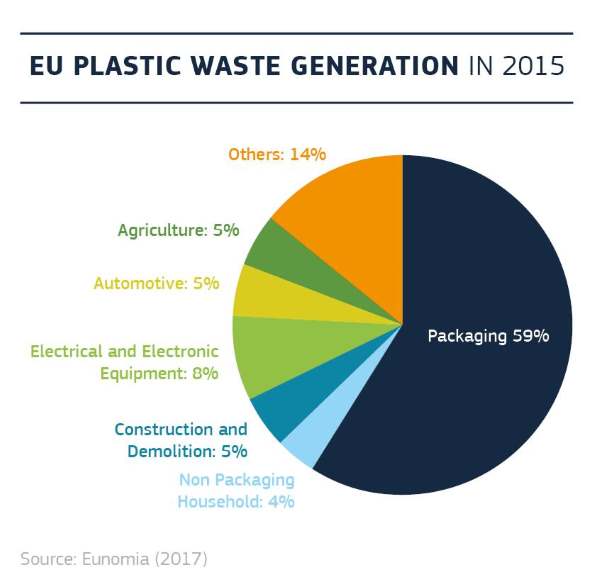
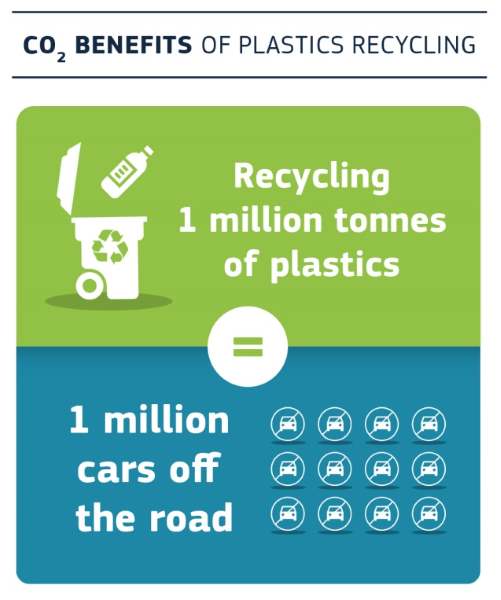
Every year in the EU they are released into the environment between 75 thousand and 300 thousand tons of microplastics, mainly caused by tire wear, paints and synthetic clothing. Microplastics added in cosmetics, home care products and paints are a small part of the total, but also the only one on which restrictions are practicable.
Finally, in their document, MEPs call on member states to reduce VAT on products containing recycled materials, ask to recognize the role of fishermen in the fight against plastic in the seas, with incentives for the collection of waste during fishing and for unloading in ports, and have proposed the introduction of European standards on biodegradability and compostability .
Read also
- Microplastics in water bottles: all brands involved
- The Arctic is chock full of microplastics: 12000 particles in a liter of ice
- From 2019 stop to cotton buds and from 2020 goodbye to microplastics in cosmetics
Germana Carillo




